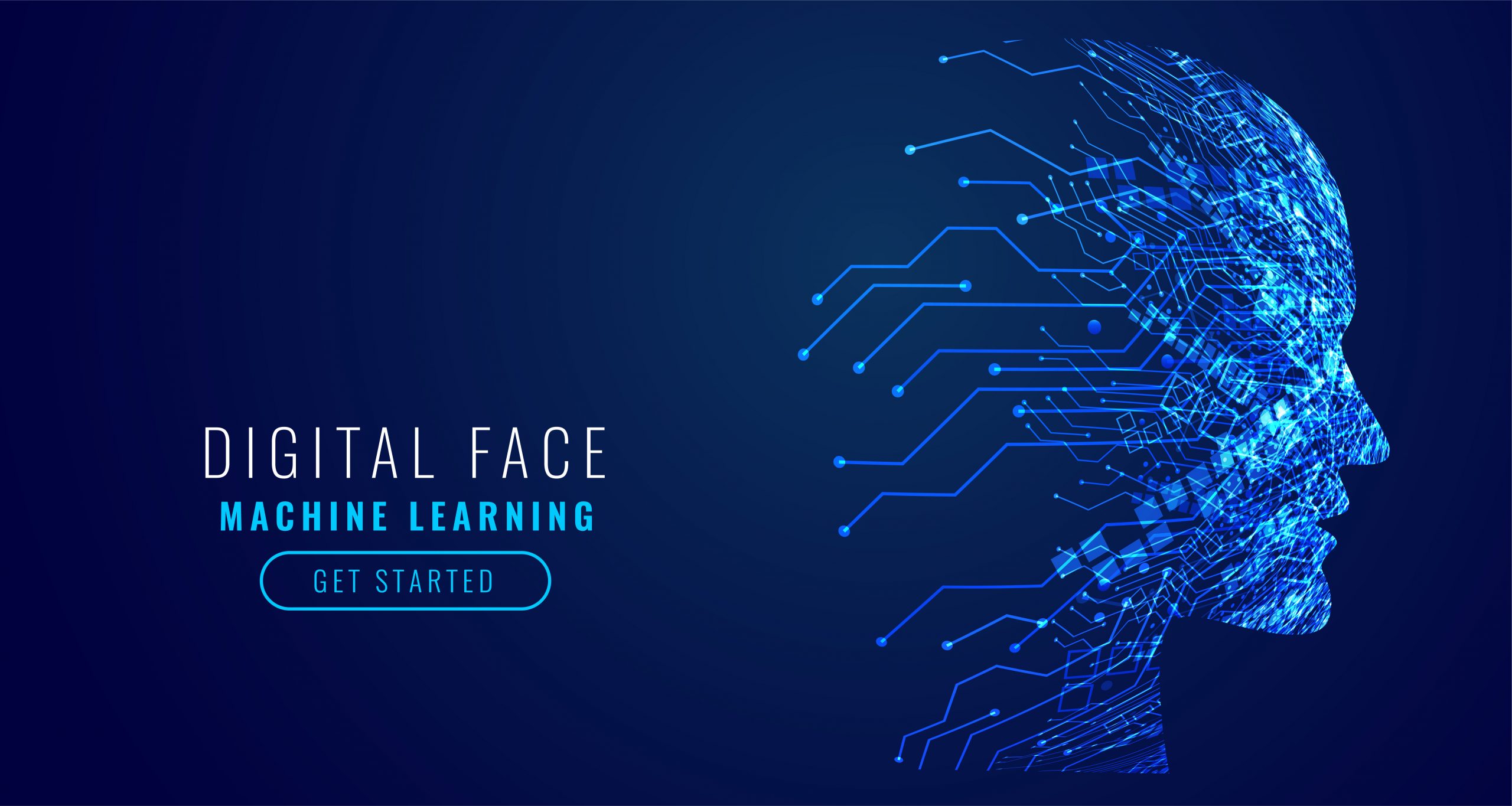
As technology continues to evolve, artificial intelligence (AI) is playing an increasingly important role in the field of digital marketing. In 2023, we can expect to see even more advanced applications of AI in the marketing landscape. While there are certainly benefits to using AI in marketing, there are also potential downsides. In this article, we will explore the pros and cons of AI in digital marketing.
Pros of AI in Digital Marketing
Personalization
One of the most significant benefits of AI in digital marketing is personalization. With the help of AI, businesses can gather data about their customers and use it to create personalized experiences. This can include personalized product recommendations, targeted advertising, and even customized pricing. By tailoring the customer experience to each individual, businesses can improve customer satisfaction and loyalty.
Efficiency
AI can also help businesses streamline their marketing efforts, saving time and resources. For example, AI-powered chatbots can handle customer service inquiries, freeing up human agents to focus on more complex issues. AI can also help automate the process of analyzing customer data and generating insights, allowing marketers to make more informed decisions faster.
Predictive Analytics
Another advantage of AI in digital marketing is predictive analytics. By analyzing data from past customer interactions, AI algorithms can predict future behavior and preferences. This information can be used to optimize marketing campaigns, predict customer churn, and identify potential opportunities for growth.
Improved ROI
Overall, AI can help businesses improve their return on investment (ROI) in marketing efforts. By personalizing the customer experience, increasing efficiency, and making data-driven decisions, businesses can maximize their marketing budgets and achieve better results.
Cons of AI in Digital Marketing
Lack of Human Touch
While personalization is a significant benefit of AI, it can also be a downside. Some customers may feel uncomfortable with the idea of their data being collected and used to create a personalized experience. Additionally, some customers may prefer interacting with a human agent rather than a chatbot. In some cases, the lack of a human touch can be a turnoff for customers.
Bias
Another potential downside of AI in digital marketing is bias. AI algorithms are only as good as the data they are trained on. If that data is biased or incomplete, the algorithms may produce biased results. For example, an algorithm that is trained on data that is primarily from one demographic group may not perform well when applied to a different group. This can lead to unintended consequences and potentially harm the business‘s reputation.
Complexity
AI is a complex technology, and implementing it in a marketing strategy requires a significant investment of time and resources. Small businesses may not have the resources to implement AI, and even larger businesses may struggle to find the expertise to implement it effectively. Additionally, AI technology is constantly evolving, so businesses need to stay up-to-date with the latest developments to stay competitive.
Dependence
Finally, there is the risk of dependence on AI in digital marketing. While AI can certainly improve efficiency and productivity, businesses should not become overly reliant on it. In the event of a technical issue or outage, the business may not be able to function properly without AI. Additionally, if the AI algorithms are not properly calibrated, they may produce inaccurate results, leading to poor decision-making.
Conclusion
AI is undoubtedly an exciting technology with significant potential to transform the field of digital marketing. However, businesses should be aware of both the benefits and potential downsides of using AI in their marketing strategies. By balancing the benefits of personalization, efficiency, predictive analytics, and improved ROI with the potential downsides of bias, complexity, and dependence, businesses can make informed decisions about how to integrate AI into their digital marketing strategies.
One major benefit of using AI in digital marketing is the ability to personalize messaging and content for individual customers. By leveraging data on customer behavior and preferences, AI algorithms can create highly targeted and customized content that resonates with specific individuals. This can lead to increased engagement and conversions, as customers are more likely to respond positively to messages that are tailored to their interests.
In addition to personalization, AI can also help businesses optimize their marketing campaigns for efficiency and effectiveness. For example, AI-powered tools can automate the process of A/B testing, allowing businesses to quickly and easily test different variations of their campaigns to determine which ones perform best. This can help businesses save time and resources, as well as improve the overall ROI of their marketing efforts.
Another area where AI can have a significant impact on digital marketing is in predictive analytics. By analyzing large amounts of customer data, AI algorithms can identify patterns and trends that businesses can use to anticipate customer behavior and preferences. This can help businesses make more informed decisions about how to allocate resources and prioritize marketing efforts, leading to improved outcomes and ROI.
However, businesses should also be aware of the potential downsides of using AI in digital marketing. One major concern is the potential for bias, as AI algorithms may inadvertently replicate or even amplify existing biases in the data they are trained on. This can lead to discriminatory outcomes or messaging that alienates certain groups of customers.
Additionally, AI-powered marketing strategies can be complex and require significant technical expertise to implement and manage effectively. This can be a barrier for smaller businesses or those without dedicated in-house marketing teams.
Finally, businesses should be cautious about becoming too dependent on AI for their marketing strategies. While AI can be a powerful tool, it should not be viewed as a panacea for all marketing challenges. Human input and oversight are still necessary to ensure that marketing strategies align with business objectives and values.
In conclusion, AI has the potential to transform the field of digital marketing by enabling personalization, efficiency, and predictive analytics. However, businesses should carefully consider both the benefits and potential downsides of using AI in their marketing strategies, and take steps to mitigate potential biases and maintain human oversight.

